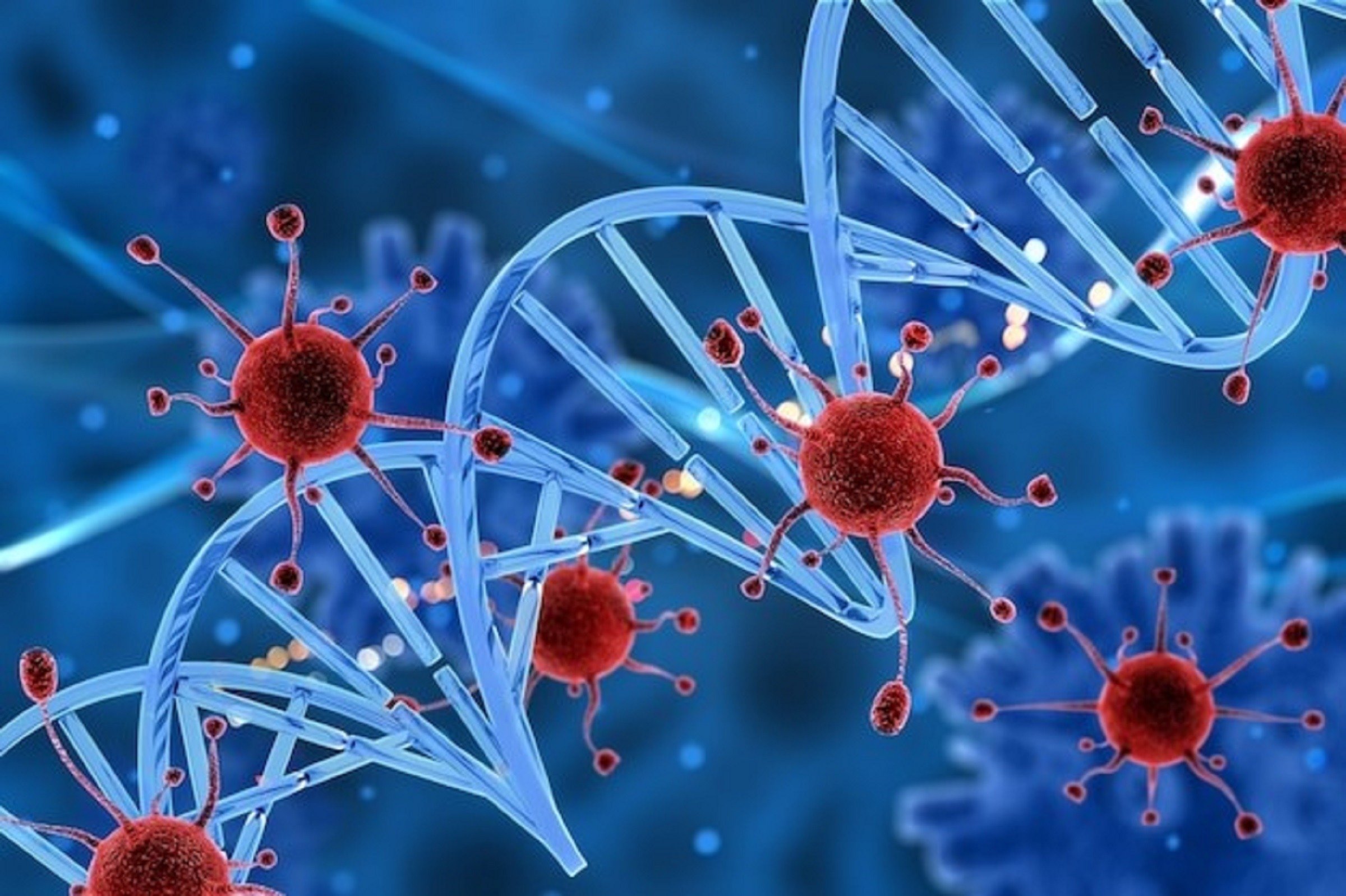Colorectal cancer is the second most common cancer, with an average of 44 new cases diagnosed daily. Doctors warn that colorectal cancer in its early stages often shows no symptoms. By the time patients exhibit clear symptoms and seek medical attention, most cases are already in the middle or late stages. Therefore, it is crucial to be aware of these seven important signs for early detection.
According to Sohu, the National Health Administration’s cancer registry data for 2021 recorded 16,238 new cases of colorectal cancer, with an incidence rate of 38.4 per 100,000 people. Almost 90% of these cases occurred in individuals over 50 years old. Statistics on causes of death in 2023 from the Ministry of Health showed that 6,791 people lost their lives to colorectal cancer. To reduce the incidence and mortality rates, early screening through fecal occult blood testing and colonoscopy is essential.

Both domestic and international studies indicate a trend of colorectal cancer occurring at younger ages. The incidence rate in the 45-49 age group increased from 40.63 per 100,000 people in 2010 to 48.18 per 100,000 people in 2021. Dr. Ta Van Ban, Head of the Department of Gastroenterology at Taipei United Hospital, emphasized that colorectal cancer in its early stages is typically asymptomatic. By the time patients discover symptoms and seek medical help, they are often in the middle or late stages, making treatment more complex and challenging.
He noted that colorectal cancer can be detected early and treated effectively through regular screening. If detected early and treated promptly, the survival rate exceeds 90%. However, if the disease progresses to stage 4, the five-year survival rate drops to approximately 15-16%. Based on experiences in European and American countries, performing fecal occult blood tests every 1-2 years can reduce colorectal cancer mortality rates by 18-33%.
Seven common signs of colorectal cancer:
Blood or mucus in stool
Changes in bowel habits (alternating diarrhea and constipation)
Smaller-than-usual stools
Frequent diarrhea or constipation
Unexplained weight loss
Anemia
Feeling of incomplete evacuation
Risk factors for colorectal cancer:
Obesity
Physical inactivity
Smoking
Family history of colorectal cancer
Doctors recommend a diet rich in fruits and vegetables, limiting red meat and high-fat foods, regular exercise, and periodic checks through fecal occult blood testing and colonoscopy. Starting January 1, 2025, the National Health Administration will offer free fecal occult blood testing every two years for individuals aged 45-74 and those aged 40-44 with a family history of colorectal cancer (parents, siblings, or children). If the fecal test is positive, a colonoscopy is recommended for further examination.
Does Eating Yogurt Every Day Make You Healthier Than Those Who Don’t?
Are you looking for a simple way to boost your health? Consider adding yogurt to your daily diet. Scientific research has unveiled a surprising array of health benefits associated with yogurt consumption. Five separate studies have revealed the positive impact of yogurt on our well-being, making it a delicious and nutritious addition to any meal plan.





































